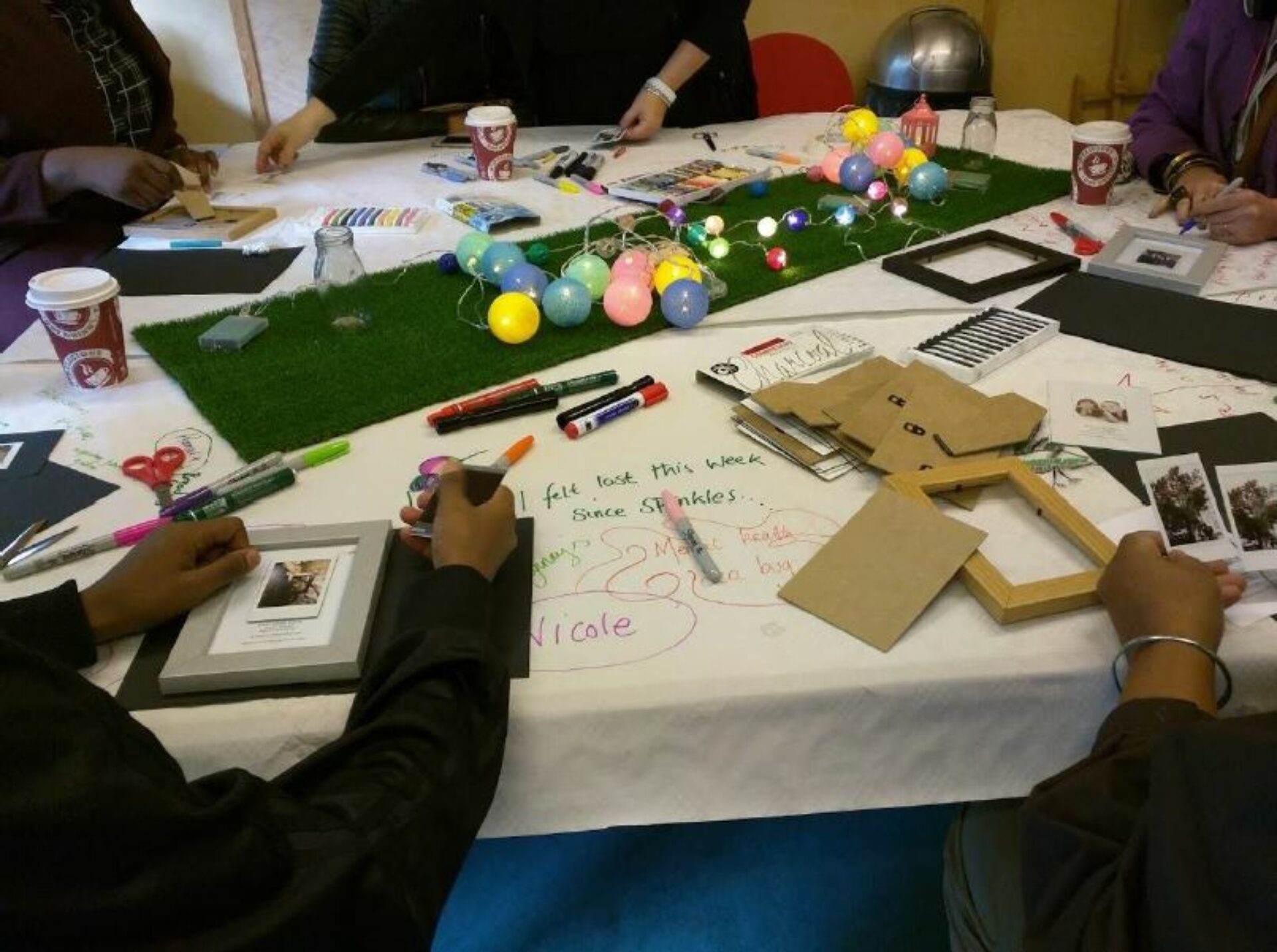We have a new toolkit to use, launched in early December by Mind based upon work carried out by an evaluation team I know well at the McPin Foundation and St George’s, University of London.
They had spent two years evaluating the Side by Side community peer support programme initiated by Mind and funded by the Big Lottery Fund. In fact, I have to declare an interest. I had a small part in the final drafting of the toolkit myself; it really was a joint effort! We hope people interested in peer support will find it useful.
As a survivor researcher with many years of experience in mental health research, I am always concerned that research has practical and real benefits for people at the receiving end, the people with mental distress who contribute to the research and wider communities of people with similar experiences for whom it is relevant.
A toolkit which enables people and organisations wishing to provide peer support in a mental health context seems like a positive way of translating research into practice, even if the term ‘toolkit’ conjures up an array of hammers and screwdrivers. In other work, we have used the term ‘Resource Pack’ and you might have other ideas…
So what’s it all about? It is aimed at people who are supporting others and being supported through peer support; people who are setting up and running a peer support group or project; and people involved in commissioning community based peer support projects. It is of particular value to people setting up a new peer support project, as it takes you through a series of issues and questions to think about.
The first part of the toolkit is based on the ‘Core Values’ identified by the research. These are the elements that the researchers felt could be identified as uniting and identifying peer support. The core values are as follows:
- Experience in common
- Safety
- Choice and control
- Two-way interactions
- Human connection
- Freedom to be oneself
In order to enable toolkit users to understand the research and to actively put it into practice, each of these values has three parts:
- A summary of the research findings (What does this mean? Why is it important? What can it look like in practice?)
- Reflection questions
- An activity
A similar approach is taken to the second section, which looks at Key Decisions in developing a peer support project:
- Facilitation and coordination
- Types of leadership and decision-making
- Focus of peer support
- Membership type
- Organisational support
Finally there is a troubleshooting section (dealing with challenges), a section on evaluation and another for commissioners, and, at the end, a section on useful resources.
I have tried to give a fair summary of the contents of the toolkit, but, as with any such resource, it is hard to know how much and how well it will be used.
It is based on a great deal of real experience of peer support and research that evaluated the experience of many people engaged in peer support. In some ways, it is one of the best examples I have come across of translating research into practice.
The sense that I have from reading it is that it has captured this wide range of experience very well and with practical questions and exercises that will hopefully provide people with the resources they need to develop and establish good peer support that will be of real value to people.
However, the ‘proof of the pudding is in the eating’. I fear that toolkits and resources – like research reports – might end up on bookshelves, rather than becoming the focus of active work and creative development.
Let us know! We would love to hear from you if you are finding it useful and if there are comments you would like to make about it.
